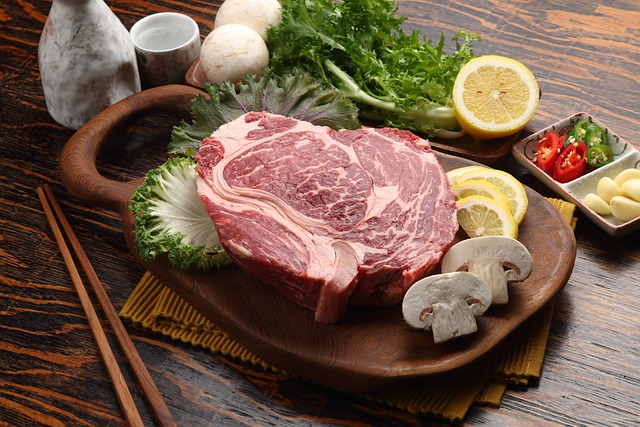
Food is Medicine
Although there is a wide range of ideas between what people feed their pets, one thing for certain is that food does something. In Chinese medicine, “gu Qi” is the energy we get from our food. Without it, nothing else in the body works. Elimination diets have been used for decades in veterinary medicine, long before the advent of hydrolyzed kibbles. We know that dogs who are leaner live longer than dogs who are overweight. We also know that there are more overweight and obese pets than ever before. More research comes out every year about the gut microbiome and its relationship to emotional health & well being. So what are we to do?
Nutrition is Foundational to Pet Health
Our pets’ bodies are complex. There are so many little things that must work in perfect harmony to achieve function. Nutritional diseases can affect the long term outcome of our pets’ health in many ways. Obesity predisposes our pets to a whole host of diseases such as arthritis, diabetes, respiratory diseases, liver disease, increased anesthesia risk and more. Excess fat is actually an endocrine organ, which means it releases excess hormones and pro-inflammatory molecules into the body. Obesity is not just extra weight on the joints. It actually causes a state of chronic inflammation in our pets.
Every Pet is Different
It goes without saying, but a single diet is not going to be the “best” option for every single pet. It would definitely make it much simpler if that were the case! Some pets don’t tolerate high fat as well as high carbohydrate foods and vice versa. Some pets do fine with dry food, while others are more sensitive and need more moisture. Some pets are allergic to certain proteins as well, so there are many considerations with the individual pet that goes into feeding them
Veterinarian Willing to Work With You
Dr. Brenna has undergone advanced coursework in nutrition to help you find the best options for your pet. She is happy to help you find solutions that work for your pet’s unique needs. She also considers your own circumstances. This may mean home-cooking with an appropriately formulated recipe tailored to your pet’s conditions. Alternatively, it may mean selecting a minimally-processed commercial food. This could be a fresh food, a canned food or a kibble. Sometimes it may be a combination of these too!
Dr. Brenna personally home cooks for her pets, but it is time consuming! To help with this, she has some ‘back-up’ options. These are choices her pets tolerate. They are used when cooking ingredients or even just putting the ingredients together doesn’t fit in the schedule. If a pet is doing well on a certain kibble, we may discuss adding some fresh food as toppers. This can reduce calories without reducing fun. It can also help gain benefits from anti-oxidants found in fresh fruits and veggies.
Food Therapy in Traditional Chinese Veterinary Medicine
In Traditional Chinese Medicine, different foods have different functions. There is absolutely overlap between herbal medicine and food therapy. Ginger for example is a food, but it is also an herb. It is considered a “hot” food in Chinese medicine. It can help treat “cold” diseases. However, it could make “hot” diseases worse. Cucumber is a “cooling” food which can help treat “hot” diseases, like ‘wind-heat’ (seasonal skin allergies/atopy), for example.
Integrative medicine examines a patient with ‘wind-heat’/atopy. It considers using anti-itch medications to quickly make the pet more comfortable. Omega-3’s would be used to reduce inflammation. Immunotherapy and acupuncture would help regulate the immune system. Bathing would help reduce the allergens on the pet’s skin. Food therapy would help support the pet from the inside. Integrative medicine uses tools from multiple facets & disciplines to ideally bring about the best outcome for the individual pet.
